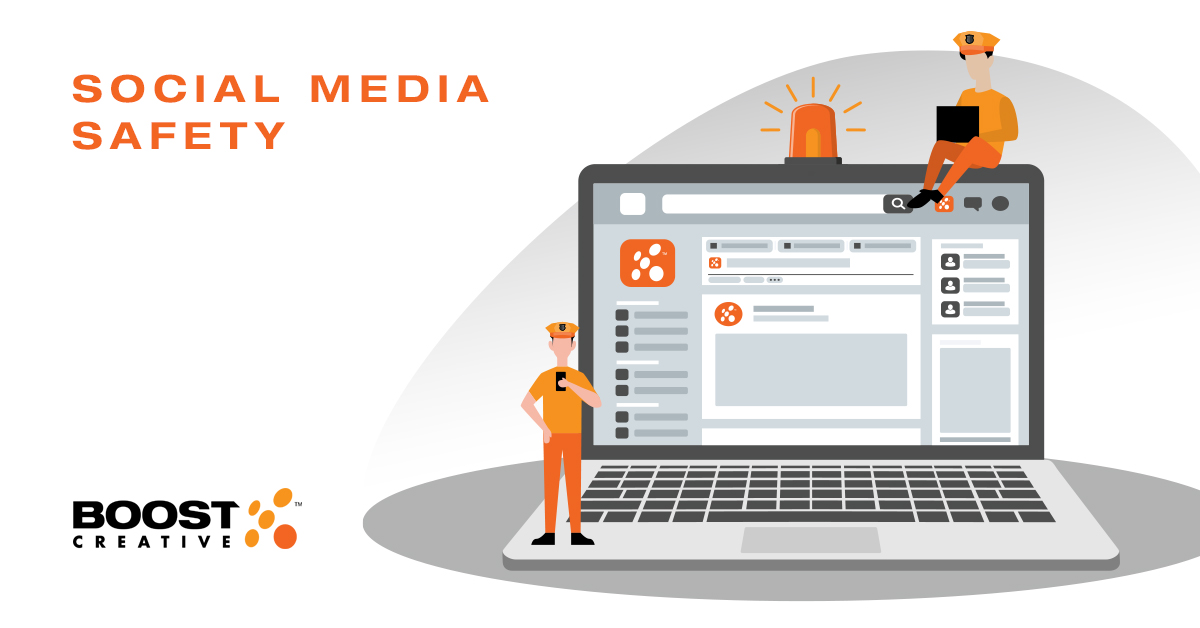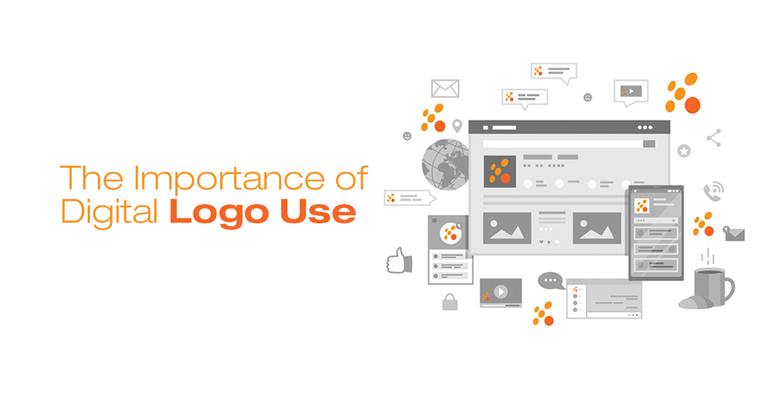
Social Media Safety Tips

While sharing your top 10 favorite television shows may sound like a great way to connect with friends, be sure to think twice about the information you are publicly sharing online.
Social media is a fantastic way to connect with others both personally and professionally, especially during these socially-distant times. However, if not careful, it can also act as an open door for hackers to access your personal information.
Hackers scour social media platforms in search of user information that can be used to access things like bank accounts or social security information. Use these tips to better protect yourself from a potential hack.
- Use a Strong Password and Use Two-Factor Authentication When Possible
I’m sure you’ve heard this time and time again, but having a strong password is the first line of defense against hackers. Avoid using personally identifying information that is easy to come by, such as names, email addresses, phone numbers, or common words. Include numbers and symbols in your password to create a unique combination that is also memorable. Never use a password that you already use on other sites. If one of your passwords is compromised, hackers will try to use it on other sites as well.
Another good practice is to implement two-factor authentication on your profile when possible. For both Facebook and Instagram, this can be done using the social networks’ mobile apps or a third-party authentication app, like Duo. We suggest going the third-party route to ensure access is approved only by you, but either option can be done.
- Restrict Access of Third-Party Apps
Have you ever gone to create a new profile on a website and saw that they had the option to login using your Facebook profile? While this seems like a simple and fast way to create a new profile, you should think twice about allowing access to your Facebook account.
When you use this third party login feature, you are granting that website or company access to your Facebook profile. While many websites meet Facebook’s safe use guidelines, allowing just any company access your profile leaves you liable to a potential hack. Prevent this by reviewing the current permissions allowed by your account.
- Don’t Accept Friend Requests From People You Don’t Know
While social networks were created for being “social”, you should be cautious of who you accept friend requests from or allow to follow you. Fake accounts can be created by hackers, who then use these false profiles to tag you in spam and send malicious messages to your contacts. This is why we encourage you to only accept friend requests or followers that you know and trust.
- Don’t Post Viral “Chain” Messages or “Favorite Things” Challenges
Recently, a popular trend was circulating Facebook encouraging users to share their high school graduation photos to show support for the class of 2020. While the sentiment was in the right place, those that posted information about their high school and graduation year publicly (as the “challenge” encouraged) left themselves liable for hackers.
Popular Facebook post challenges asking users to list their favorite things or their “firsts” include information that is commonly used in security questions for online accounts. Hackers are aware of these viral trends, and sometimes even start them, to easily find individuals who freely share their personal information.
Always Be Aware
With social media growing by the day, it’s important to be aware of what data you are sharing. Always be sure to read through a website’s terms and conditions to make sure your personal data is never sold or shared with third parties. Never post anything on your social media that could potentially allow someone to gain access to your personal accounts and always be attentive to those you interact with online. To learn more about how each major social network is working to keep your information protected, see these links:
You May Like

The Importance of Digital Logo Use
A logo speaks volumes about a company. It can evoke feelings of authenticity, trust, and credibility, all while connecting your business to consumers and community. A logo is used to brand your business and marketing

The Importance of Website Security
Small businesses are 65% more likely to experience a cyber-attack. Is your website secure? In the age of technology, website security has become a major concern for users across the globe. From small businesses to

